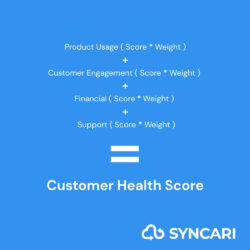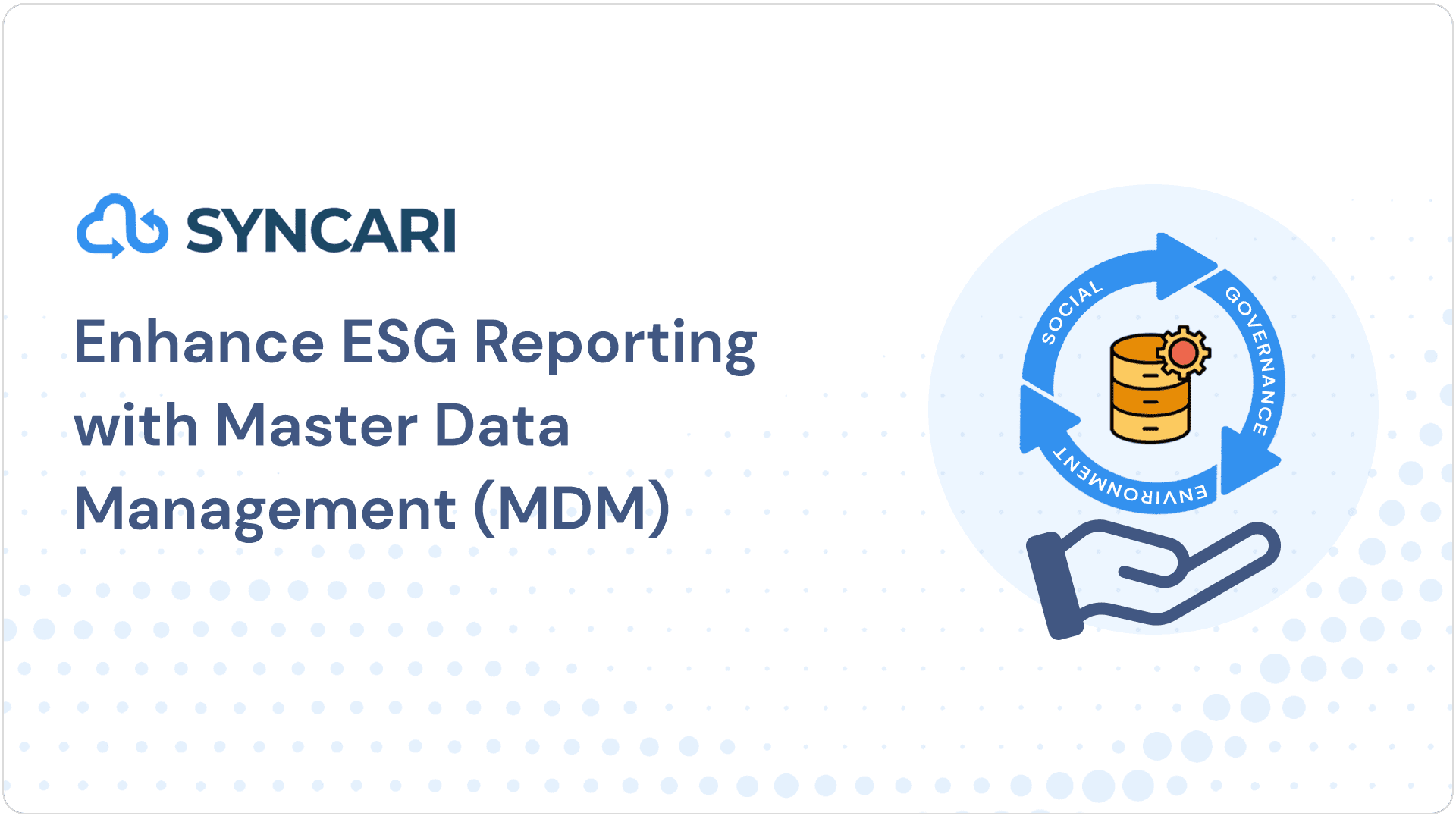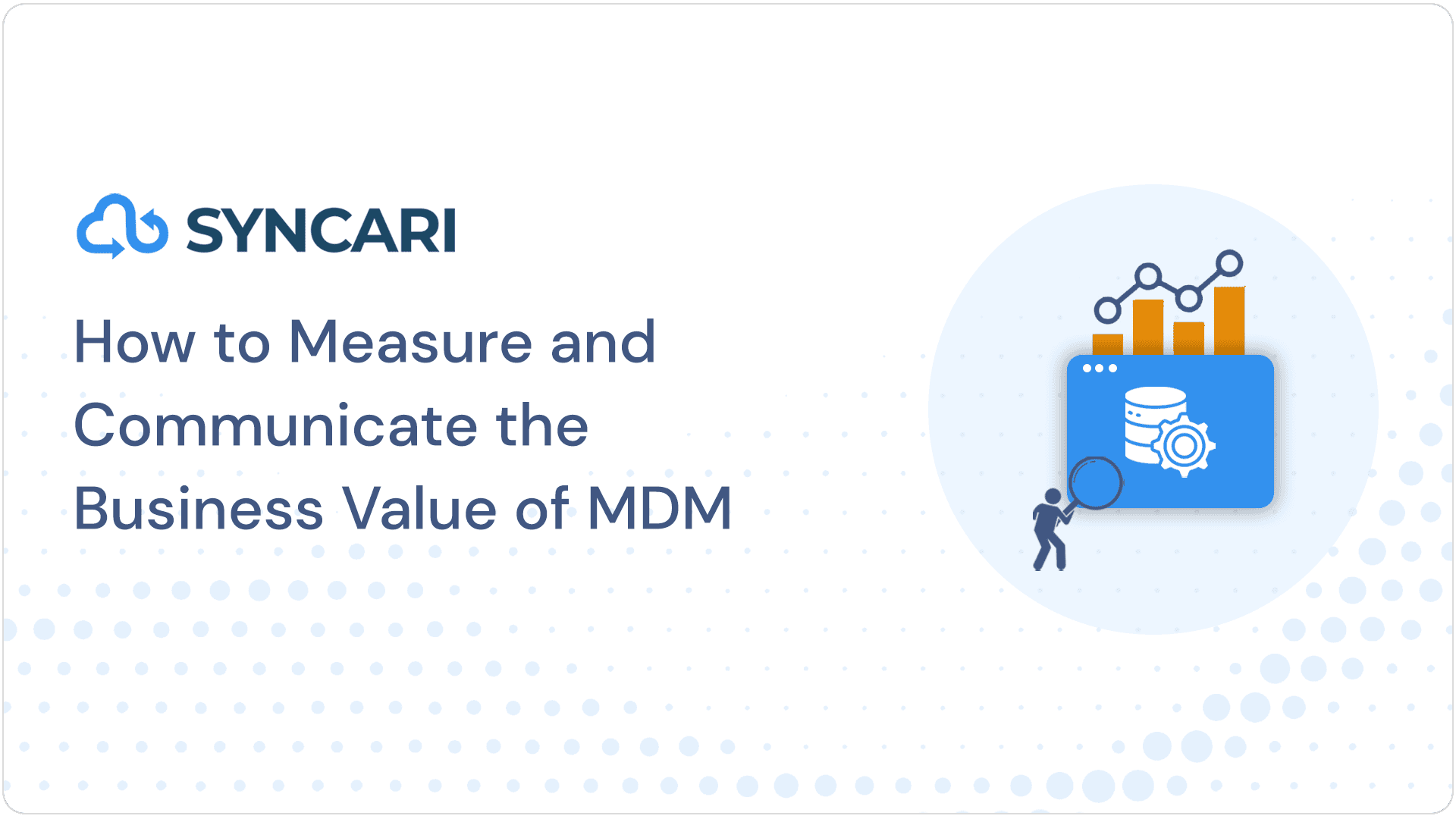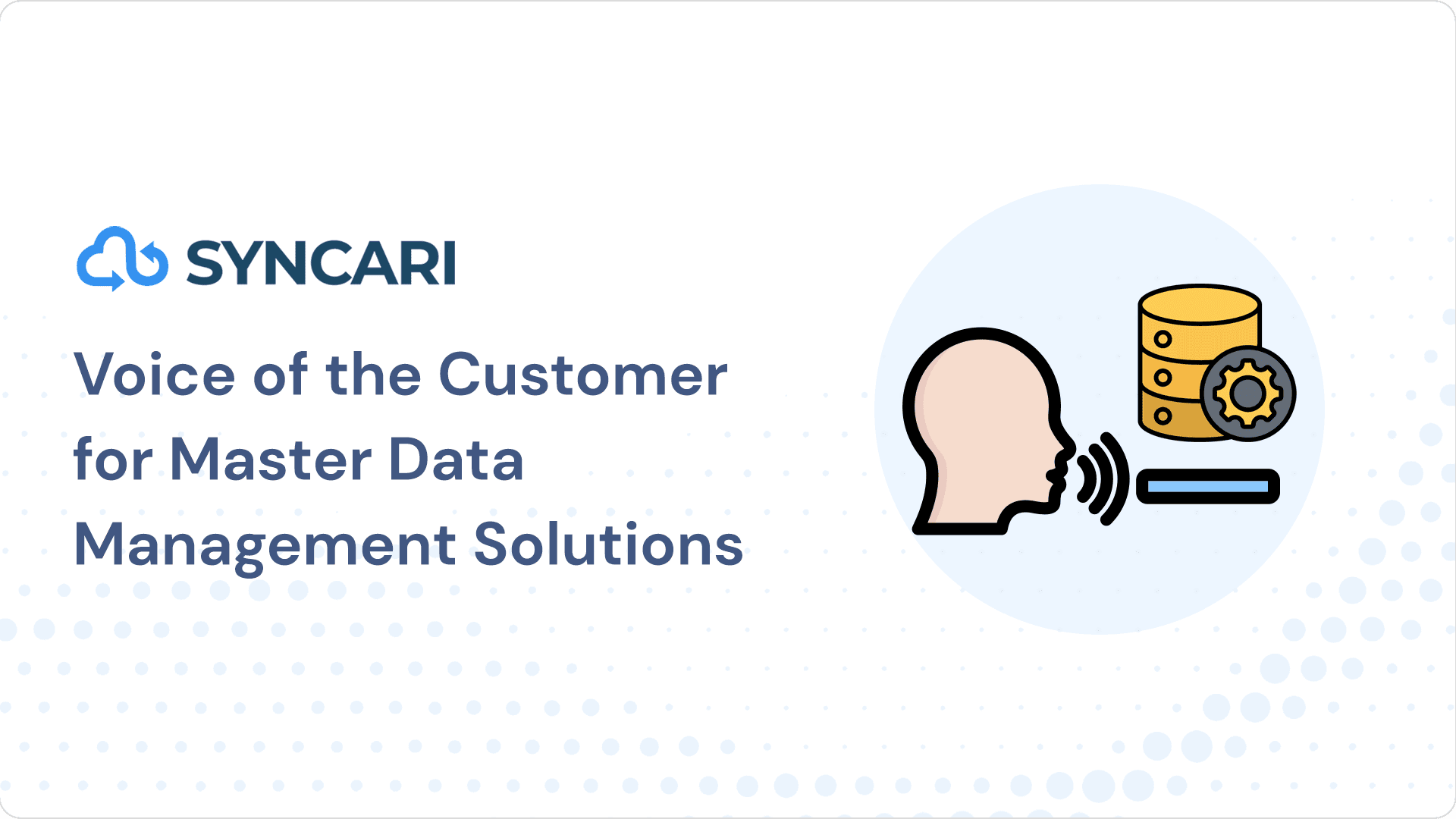As a RevOps leader, your top priority is to ensure that your company’s revenue operations are running smoothly and efficiently. A critical part of that process is understanding your customers’ health and taking action to ensure their satisfaction and loyalty. One way to achieve this is through the use of customer health scores.
In this article, we’ll explore what customer health scores are, what data is required for a holistic customer health score, what metrics go into their calculation, and how companies can take action on a complete view of the customer.
What is a Customer Health Score?
A customer health score is a metric that quantifies a customer’s overall health, satisfaction, and likelihood to renew or expand their business with your company. Customer health scores are an essential tool for RevOps leaders to track customer satisfaction, identify at-risk customers, and prioritize resources for customer success, retention, and upsell.
[ Related: Top Customer 360 Platforms ]
What Data is Required for a Holistic Customer Health Score?

To calculate a customer health score, you need to have access to relevant customer data. The more data you have, the better insights you can get into customer behavior, preferences, and satisfaction levels. Here are some of the essential data points to consider when calculating a customer health score:
- Customer Profile Data: This includes basic customer information such as company size, industry, and location.
- Product Usage Data: This includes data on how often and how extensively your customers use your product.
- Customer Engagement Data: This includes data on how engaged your customers are with your brand, such as response rates to surveys, email open rates, and attendance at webinars or events.
- Customer Support Data: This includes data on how often and how successfully your customers interact with your support team, including response times, issue resolution rates, and customer feedback.
[Related: The B2B Customer Data Model: why it matters and how to build one]
What Metrics Go Into Calculating a Customer Health Score?
A customer health score is typically a composite metric that takes into account several different metrics that reflect a customer’s overall satisfaction, engagement, and likelihood to renew or expand their business with your company. Some of the essential metrics that go into calculating a customer health score include:
- Product Usage Metrics: This includes metrics such as product adoption, usage frequency, and feature utilization.
- Customer Engagement Metrics: This includes metrics such as customer feedback scores, NPS, and customer satisfaction scores.
- Financial Metrics: This includes metrics such as customer lifetime value, revenue growth, and contract renewal rates.
- Support Metrics: This includes metrics such as issue resolution rates, response times, and customer feedback on support interactions.
What does a customer health score look like?
The formula for a customer health score will depend on the specific metrics and weightings that your business has chosen to use. Here is an example formula that combines multiple metrics to calculate a customer health score:

In this formula, each metric is multiplied by a weight that reflects its importance to the overall health score. The weight assigned to each metric will depend on your business goals and priorities.
For example, if customer retention is a top priority, the Financial Score weight might be higher than other metrics. Because the specific formula and weights will vary depending on the industry, company size, and specific goals, it’s important to spend time determining which metrics are most important to your business and how to weigh them to create an accurate customer health score.
[Related: Data-Driven Customer Success, Beyond All the PLG Hype with Michael Boyd]
How Can Companies Take Action on Their Customer Health Scores?
Once you have calculated your customer health scores, it’s essential to take action based on the insights you’ve gained. For example, if your metrics show that your medical couriers are late when dropping off deliveries, you could adopt a Circuit delivery route-optimization software to ensure all medications arrive on time. Here are some of the ways that companies can take action based on their customer health scores:
- Prioritize Customer Success and Retention: Use customer health scores to identify at-risk customers and prioritize resources for customer success and retention.
- Targeted Marketing and Sales: Use customer health scores to target your marketing and sales efforts to high-value, high-potential customers.
- Product Development and Improvement: Use customer health scores to identify areas where your product is falling short and make improvements accordingly.
- Operational Optimization: Use customer health scores to identify areas of your operations that need optimization, such as support response times or issue resolution rates.
[Related: Metadata Builds a Unified View of Customer Health with Syncari]
How Syncari can help
Syncari is a customer data automation platform that can help businesses improve their customer health scores by unifying customer data from all the places, and systems, where customers engage. Here are a few ways Syncari can help:
- Unified Customer Data: Syncari can statefully unify data from different systems, such as CRMs, marketing automation tools, and support systems, to provide a more complete picture of each customer’s interactions with your company.
- Automated Data Enrichment: Syncari can automatically enrich customer data with relevant information, such as company size, industry, and job titles, to provide a more holistic view of each customer’s profile.
- Automated Data Cleansing: Syncari can automatically clean and normalize data to ensure that your customer health scores are based on accurate and consistent data.
- Customizable Scoring Logic: Syncari provides customizable scoring logic that can be tailored to your company’s specific needs and metrics, ensuring that your customer health scores are aligned with your business goals.
- Real-Time Insights: Syncari provides real-time insights into customer behavior and engagement, allowing you to take immediate action to improve customer satisfaction and loyalty.
In conclusion, customer health scores are a critical tool for RevOps leaders to track customer satisfaction, identify at-risk customers, and prioritize resources for customer success and retention. By collecting the right data and calculating the right metrics, companies can gain valuable insights into their customers’ health and take targeted action to improve customer satisfaction and loyalty.


